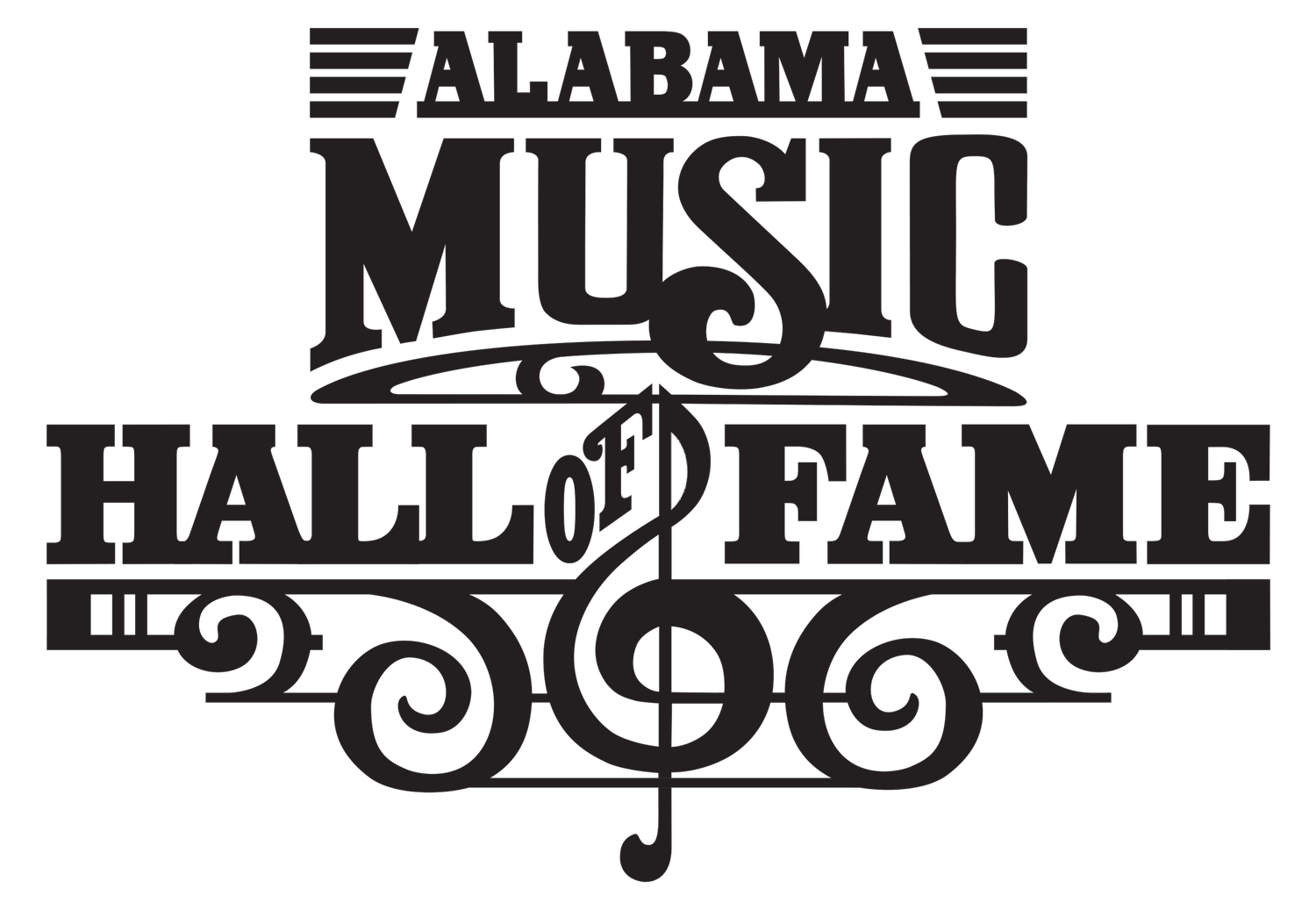Buddy Killen
November 13, 1932 - November 1, 2006
1985 Inductee
Long before he helped shape Nashville into a powerhouse of publishing and recording, aspiring country musician Buddy Killen left his hometown of Florence and moved to Music City less than twenty-four hours after his high school graduation.
Arriving in Nashville in 1951, Killen was hired to play upright bass for Jam Up and Honey, two black-faced comedians on the Grand Ole Opry. He later went to work as a freelance musician, performing with top-name country acts ranging from Hank Williams, Jim Reeves and George Morgan to Cowboy Copas, Moon Mullican and Ray Price.
In 1953, Killen went to work as a song plugger for Tree Publishing, earning the princely sum of $35 a week. The Nashville publishing company charted its first international pop success three years later, when Elvis Presley scored his first million-selling No. 1 hit with the Mae Boren Axton composition “Heartbreak Hotel” – a Tree song pitched to Presley by Killen.
Four years after that musical milestone, Tree would claim seven of the Top 10 hits on the country charts. Killen went on to bring future superstars Roger Miller, Dottie West, Dolly Parton and many others into the Tree music family. As Killen rose to the top ranks of leadership, the company would publish some of the most memorable country classics of the 1960s, including Miller’s “King of the Road” and Curly Putman’s “Green, Green Grass of Home,” a song that became a country hit for Porter Wagoner and a pop smash for Tom Jones.
As a songwriter, Killen contributed a number of major hits to the Tree catalog, including the standard “Forever” (a hit for the Little Dippers in 1960), “Losing Your Love” (No. 2 for Jim Reeves in 1962), “Sugar Lips” (No. 3 for Dixieland jazz trumpeter Al Hirt that same year), “Open Up Your Heart” (No. 1 for Buck Owens in 1966), “I Can’t Wait Any Longer” (No. 4 for Bill Anderson in 1978), “I May Never Get to Heaven” (No. 1 for Conway Twitty in 1979) and “Watchin’ Girls Go By” (No. 4 for Ronnie McDowell in 1982).
In 1964 – Tree’s first million-dollar year – Killen extended his musical conquests into the realm of rhythm-and-blues when he brought dynamic, Texas-born singer-songwriter Joe Tex to FAME Recording Studios in Muscle Shoals to record Tex’s first major hit, “Hold What You’ve Got.” A year later, Killen founded his own Nashville-based label, Dial Records, as a showcase for Tex and other Southern soul and R&B acts. He and Tex would go on to produce the high-voltage R&B hits “Show Me,” “I Gotcha,” “Skinny Legs and All” and “I Ain’t Gonna Bump No More (With No Big Fat Woman),” an R&B/disco dance hit which Killen co-wrote.
In addition to Tex, West, McDowell, Anderson and Parton, Killen’s work as a studio producer included recordings with the country acts Exile, T.G. Sheppard, Doug Kershaw, Louise Mandrell, Clarence “Frogman” Henry and Gunilla Hutton. He also worked with former Beatles John Lennon and Paul McCartney and produced Nashville recordings by Hollywood celebrities Burt Reynolds, Dinah Shore, Jim Nabors and Jack Palance.
Killen became president of Tree in 1975, then purchased sole ownership of the company five years later. Under his leadership, Tree International evolved into the largest country music publishing house in the world. Killen continued to serve as the company’s chief executive officer until 1989, when he sold Tree to CBS/Sony for a reported $30 million. Two years later, he established Buddy Killen Enterprises and the Killen Music Group. Simon & Schuster published Killen’s autobiography, By the Seat of My Pants: My Life in Country Music (co-written with Tom Carter), in 1993.
Killen’s other interests included ownership of Nashville’s Sound Shop recording studio and Music City’s legendary Stock-Yard Restaurant. He also raised Arabian horses and helped generate millions of charitable dollars for Easter Seals. In 2000, Killen recorded Mixed Emotions, an album of pop, jazz and country standards. He died in Nashville of liver and pancreatic cancer at the age of 73. At the time of his death, Killen was enjoying newfound triumphs in a fresh and different musical genre when the popular hip-hop group Outkast recorded songs from the Killen Music Group publishing catalog for the Idlewild movie soundtrack.


